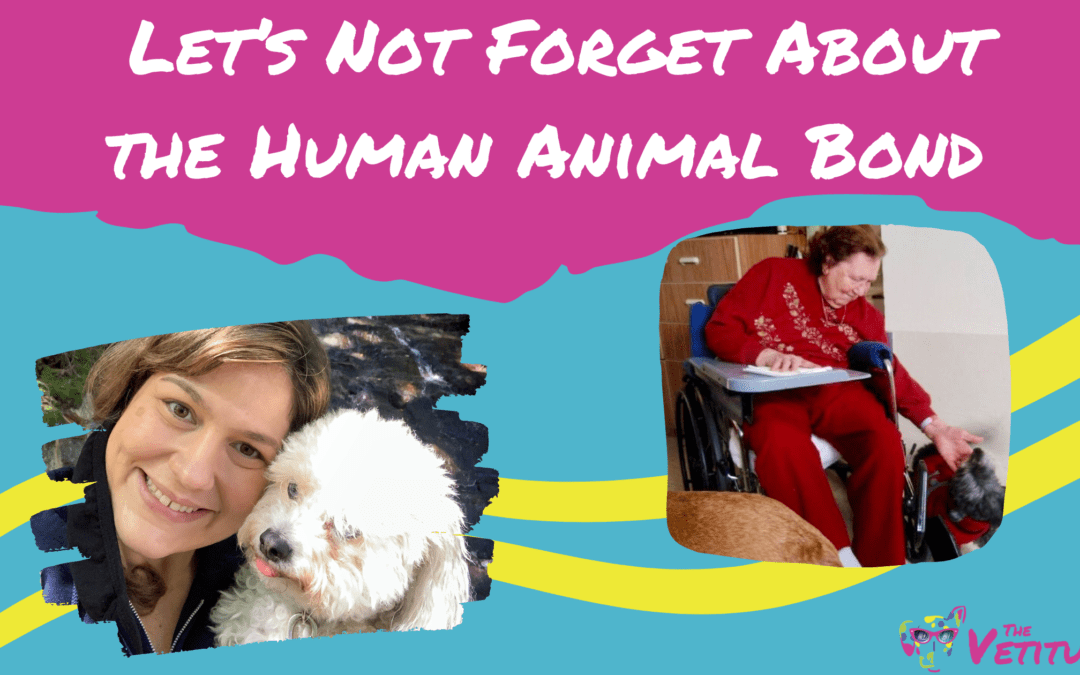“How do you feel about boostering vaccines a few months early?” someone asked in one of my Facebook groups. It’s an issue that comes up regularly for me in practice; maybe a pet comes in for their Lepto shot and the Rabies and DA2PP are due in two months, for example. The response from most of my fellow vets was the same—as long as the pet is healthy with no history of vaccine reactions, it’s fine. Better early than late, after all.
But there were a few dissenters. “I won’t do it because there’s no medical reason to give it early and you’re only doing it for the client’s convenience.”
I admittedly rolled my eyes at what I perceived as a rather uptight answer, but then didn’t think much of it. To each their own…and if a vet doesn’t feel comfortable with it they shouldn’t do it.
But this conversation from months ago came back to me the other day when I was reading an article on, of all things, dying a pet’s fur. Allure wrote an article in response to an apparent trend on TikTok of people shaming others for dying their pet’s fur. Three veterinarians were interviewed for the article who all agreed that as long as you’re using appropriate products, the practice is safe. And yet, one veterinarian was still against it because it “selfishly only benefits the owner.” And according to my very informal Instagram Story poll, over a quarter of respondents agreed with her.
At first glance, it might seem like such a silly thing to focus on. Who cares if you are for or against people dying their pet’s fur?
And yet I couldn’t help but think back to that conversation about vaccines…and see a troubling connection. Thinking the client’s needs don’t matter. And beyond that, the assumption that the pet doesn’t benefit from what’s good for the client.
Dying fur “selfishly only benefits the owner.” But is that really true? Is thirty minutes of bonding time with your dog while you’re dying their fur, not beneficial to them? If they’re a social animal, does the extra attention they might get on walks not benefit them? And when it comes to vaccinations, does the decreased stress, and overwhelm, and potentially even resentment of not having to fit in one more thing in a client’s already overpacked schedule, not benefit them?
Dogs and cats are domesticated animals. They evolved to live with us…a symbiotic relationship. Paramount to that relationship is the human animal bond. And the more I thought about it, the more I realized that seemingly trivial conversations about vaccinating early for client convenience or whether or not it’s okay to dye their fur were actually symptoms of a much larger issue.
I have increasingly been seeing a trend towards divorcing the needs and wants of the pet owner from the needs and wants of the pet. I see it in the way so many vets insist on taking animals to the back to put in catheters for euthanasia instead of doing it in the room with the client. I see it in the number of people wishing their practices could stay curbside forever. I see it in veterinary professionals insisting that pets do “better in the back, away from their owners.” And I see it in the concept of “pet surrender,” when a client wants to keep their pet but can’t afford their treatment and so the pet is given to someone else.
We in the veterinary profession are tasked with looking out for a pet’s wellbeing. But so many of us seem to be forgetting about an essential aspect of that wellbeing—the pet’s bond with their person. Are we really doing our patients a favor by discounting the needs of their family?
Yes, the days of seeing man as Master of Animal are over. We should not be facilitating clients to look out only for their needs at the expense of their pets. We should not be promoting irresponsible pet ownership. We should not see pets only as the dominion of their “owners.”
Nor should we see them as completely independent creatures that don’t need people, that don’t rely on people, that don’t love people. The wellbeing of a pet and that pet’s family are inextricably linked.
We got into veterinary medicine because we wanted to care for animals. But let’s not forget that if we want to effectively care for animals, we need to care for their caretakers too.

